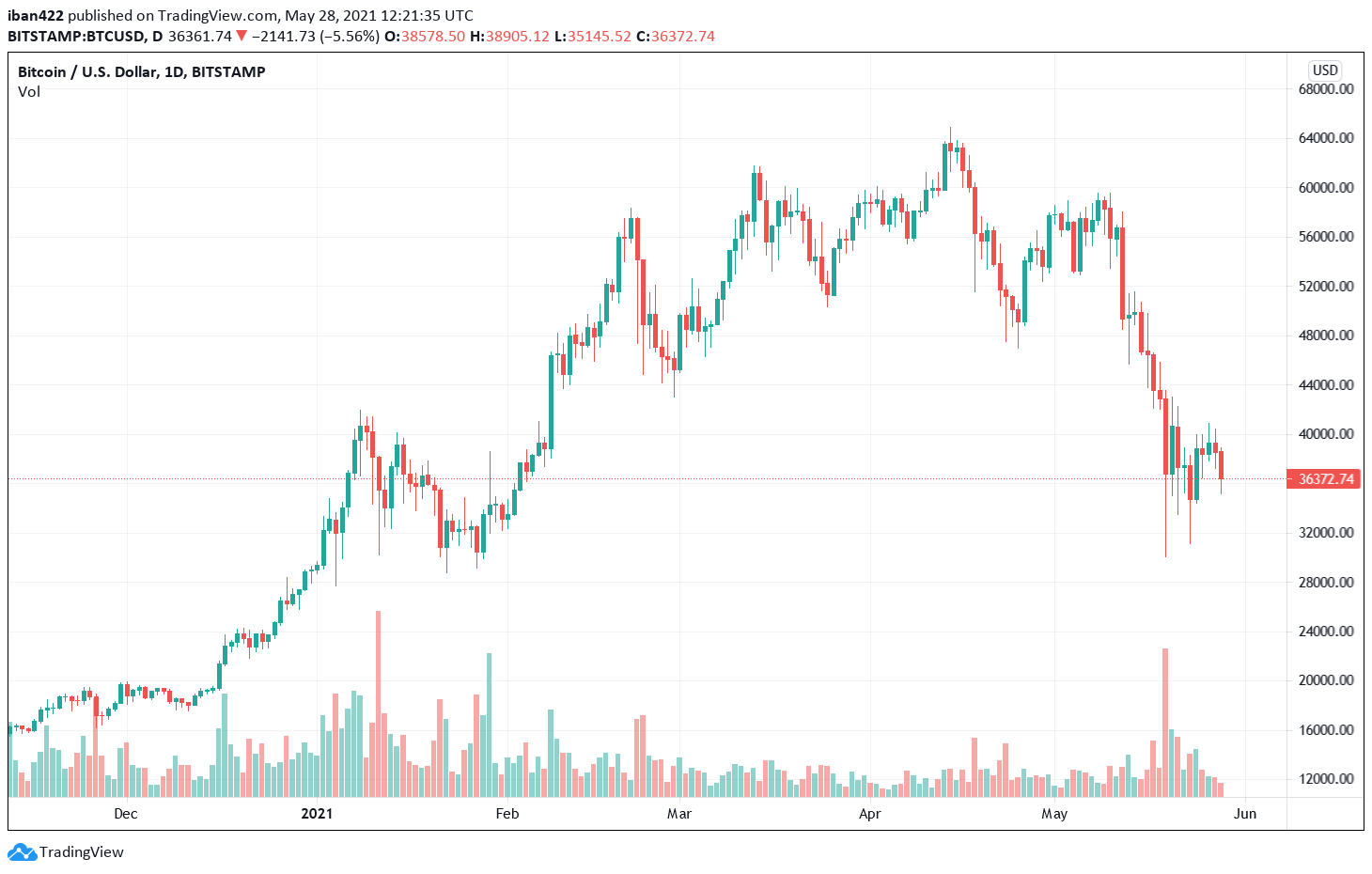Investor concerns about volatile technology stocks have been heightened by the wild collapse in cryptocurrency prices over the last week. Market analysts such as Cathie Wood, whose business, Ark Investment Management, is said to have the largest institutional investment in cryptocurrencies, have dismissed the recent drop in value of digital assets as a temporary setback, predicting that currencies like Bitcoin will reach record highs of $500,000 in the coming years. She also affirmed that despite governments involvement, it was impossible to shut down BTC.
For Redditors, it appears that buying crypto is a never ending game. In this article, we will take a look at the 5 best cryptocurrencies Redditors are buying.

Redditors Are Buying These 5 Cryptos
5. Binance Coin (BNB): Binance Coin (BNB) is a cryptocurrency that is utilized on its cryptocurrency exchange platform. When it first started, the cryptocurrency used the Ethereum network, but it has subsequently switched to a private network utilized by the exchange, Binance Smart Chain. The coin’s total supply is limited to 200 million tokens. The cryptocurrency is primarily used to pay fees on the Binance platform, with the business offering rebates and up to five years of membership to users who trade in the coin.
4. Chainlink (LINK): This is a crypto that runs on the Oracle network, Chainlink is a cryptocurrency. The network also feeds blockchain-based networks with real-world data. Chainlink was one of the top five digital currencies in terms of market capitalization in 2020. The currency raised more than $32 million in an initial coin offering in 2017. Many well-known companies have used the Chainlink network, including the news organization Associated Press, which used Chainlink functionality to give media outlets with the results of the 2020 US presidential election. This crypto is currently trading at $27, losing 0.16% in the last 24 hours.
3. Litecoin (LTC): Charlie Lee, a former employee of Alphabet Inc., created Litecoin. Alphabet Inc., one of the world’s largest technological corporations, has been experimenting with blockchain technology in several initiatives and has also invested in a decentralized cloud storage startup that allows users to create blockchain-based currencies. Litecoin is a peer-to-peer cryptocurrency that was launched as a Bitcoin spinoff back in 2011.
It operates on an open source network and differs from Bitcoin in that it features a faster block generation time, a higher maximum quantity of coins, and a different hashing algorithm (scrypt rather than SHA-256). In comparison to Bitcoin, Litecoin features a slightly different graphical user interface. Litecoin has lower transaction costs, and its network can process payments more quickly than Bitcoin’s.
Related article | Ripple and XRP: The Complete Guide
2. Ripple (XRP): Ripple was first launched in 2012, but it wasn’t until 2018 that the first stable release was made. It is one among the most widely used cryptocurrencies nowadays. In the midst of the current coin mining debate, it’s worth noting that a Stanford University study published in 2017 revealed that running a Ripple network server is similar to maintaining an email server.
Ripple is an open source payments solution developed by Ripple Labs. The solution includes the Ripple cryptocurrency, exchange platform, and remittance network.
1. Solana (SOL): Solana is a blockchain network that focuses on high throughput and rapid transactions. To boost speed, it employs a one-of-a-kind approach of transaction ordering. Users can use SOL, the network’s native cryptocurrency, to pay transaction fees and interact with smart contracts.
The Solana blockchain, which was founded in 2017 by Anatoly Yakovenko of Solana Labs, uses a novel way of transaction verification. Scalability and speed difficulties plague Bitcoin, Ethereum, and a slew of other projects. The Solana blockchain can process thousands of transactions per second using a Proof of History (PoH) mechanism.
Related article | Altcoins Soar Alongside Bitcoin, Crypto Market Cap Nears $1 Trillion
Featured image from Unsplash, Charts from TradingView
by Anifowoshe Ibrahim via Bitcoinist.com
Comments
Post a Comment